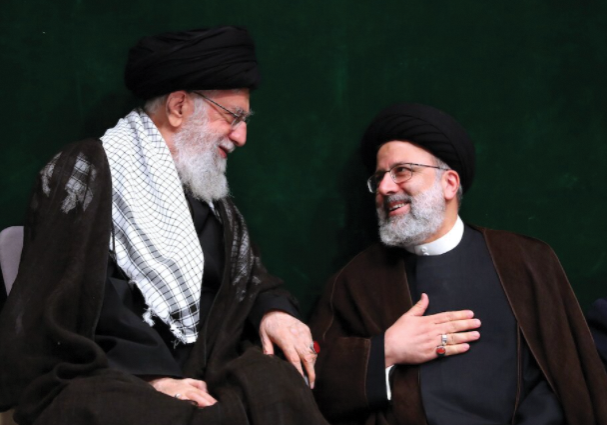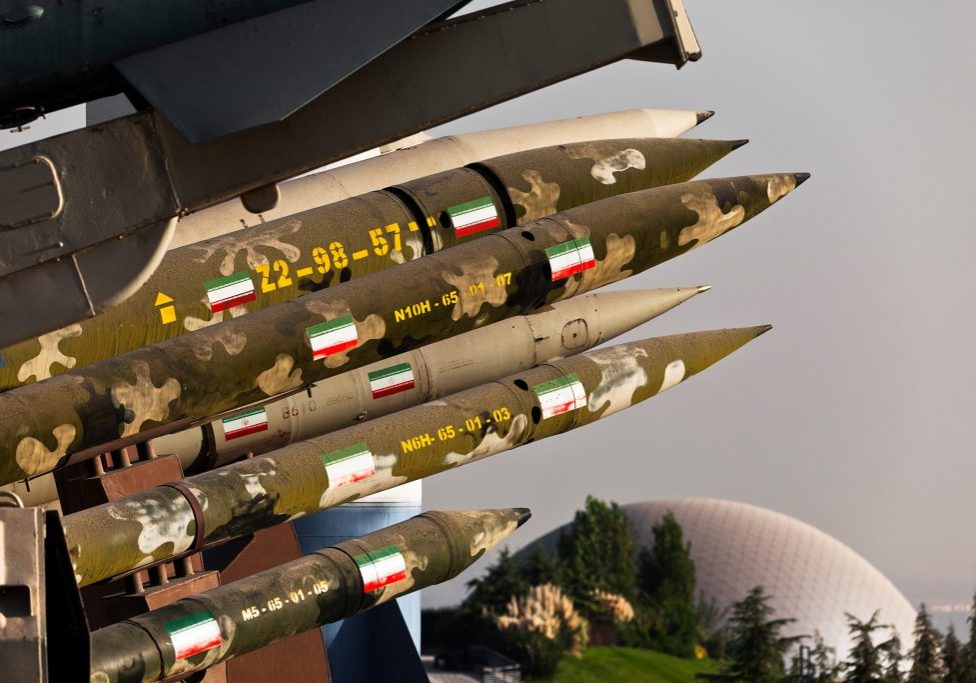Australia/Israel Review
Deconstruction Zone: Deception and the Iran Nuclear Deal
Jun 2, 2016 | Jonathan Tobin
Jonathan Tobin
Does the fact that the White House lied to the American people when it was selling the Iran nuclear deal to the media, Congress and the public matter? That’s the question that a lot of the reactions to the astonishing New York Times Magazine profile of Deputy National Security Adviser Ben Rhodes by David Samuels (on May 8) haven’t fully addressed. But once we finish discussing Rhodes’ shameless self-promotion and the question of how the press did its job (or let Rhodes do its job for them), it will be time to get back to the heart of the matter: the ultimate consequences of a nuclear pact that ensured that Iran would eventually get its bomb and how the West – even if it has wiser leaders than President Obama down the road – won’t be able to do much about it.
It’s true that the White House spin machine was particularly effective during the debate over Iran. It’s also true that much of the mainstream media, especially those in it that are looked to as credible reporters on foreign policy, bought the Administration’s party line about the rise of Iranian moderates providing the opening for a nuclear deal.
But this isn’t the first administration to manipulate the media. Nor will it be the last. There will always be Washington writers and reporters who will be willing to allow presidents and their handlers to use them in exchange for access and all that entails in terms of juicy leaks or interviews.
But what will have a lasting impact is the aspect of the story that many in the press aren’t quite as interested in as they are in the reputations of those involved in this story: an Iranian nuclear deal that guarantees that the Islamist regime will eventually get its nuclear weapon, and that puts Teheran in a position to make good on its quest for regional hegemony.
The lie at the heart of Rhodes’ sales job for the negotiations and then the deal was that the Iranian presidential election in 2013 put in place a set of new leaders that were amenable to cutting a deal with the West that would, in President Obama’s phrase, allow Iran to “get right with the world.” But as even some Administration figures have admitted in the last several months after the deal began to be implemented, there are no “moderates” in Teheran. The disputes within the regime are between different sets of hard-liners whose differences have nothing to do with their support for the acquisition of a nuclear weapon or an aggressive foreign policy.
The lies about the regime may or may not have affected public opinion about the Iran deal, which remained strongly opposed to the pact throughout the debate. But the support of the liberal mainstream media did help keep wavering Democrats in line behind the President. It was that factor that enabled the deal to squeak through Congress via a Senate filibuster.
But the lie is of lasting importance because, if there are no real Iranian moderates and no sign whatsoever that the regime wants to change, then what Rhodes sold to the press was a fatal mistake that strengthens and empowers a dangerous regime. As the Foundation for Defence of Democracies’ Mark Dubowitz noted in reaction to the piece about Rhodes:
As a result of sunset clauses in the deal that see most of the key restrictions disappearing over an eight to 15 year period, Iran will be left with an industrial-size nuclear program with near-zero nuclear breakout, easier advanced centrifuge-powered clandestine sneak out, an ICBM program and a more powerful economy increasingly immunised against sanctions. If the Iranian regime has not moderated by then, the United States will be facing a much more formidable and dangerous enemy and may have little choice but to use military force (as sanctions power will be severely degraded) to stop Teheran from developing a nuclear weapon. At that point, Iran will be stronger and the consequences of military action more devastating. In selling the Iran deal on a lie, Rhodes may have made war with Iran more not less likely.
Dubowitz is right. The bottom line here is a nuclear Iran with the financial might to stand up to any belated Western attempt to undo Obama’s mistake. Stacked up against that, Rhodes’ ego trip or the reputations of Washington journalists are meaningless. Obama and his mind-meld partner Rhodes endangered the security of the United States, Israel, and the West. That it was done on the strength of a falsehood and with the help of credulous, feckless Washington press corps is less important than the catastrophic nature of the mistake they have made.
Jonathan S. Tobin is the senior online editor of Commentary (commentarymagazine.com). © Commentary magazine, reprinted by permission, all rights reserved.
Tags: International Security






